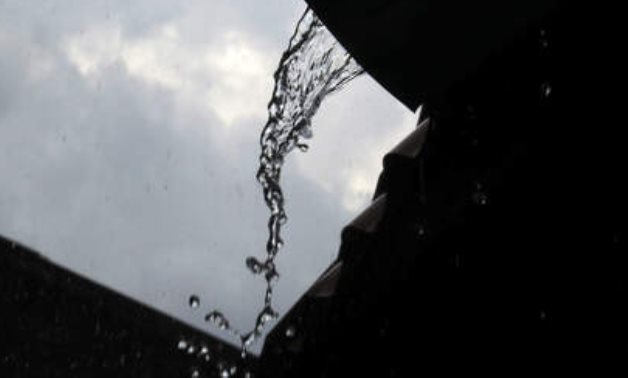
Rainwater from the roof CC via Torange
CAIRO- 3 December 2021: The major water challenges facing Egypt boil down to the unilateral actions by Ethiopian side to fill and operate the Grand Ethiopian Renaissance Dam (GERD), population increase, climatic changes and limited water resources, said Egyptian Minister of Water Resources and Irrigation Mohamed Abdel Atti in his speech at the Planet Budapest 2021 Sustainability Expo and Summit on Thursday.
He added that this situation requires necessary policies and measures, besides implementing many major projects to achieve the integrated and optimal management of water resources.
“The water issue is a pivotal issue in the field of achieving sustainable development, which requires increased cooperation and exchange of experiences between different countries of the world in the field of water,” he said.
Egypt gets 97% of its water from the Nile River and its annual need of water is about 114 billion cubic meters, said the Minister, adding that water resources do not exceed 60 billion cubic meters annually, with a gap between the resources and the consumption is of up to 54 billion cubic meters annually.
“This gap is filled throughout reusing water, and importing agricultural crops [that could consume] about 34 billion cubic meters annually.
As for the file of the GERD, Abdel Atti sad that Egypt has shown great flexibility during the various negotiation stages due to its desire to reach a fair and binding agreement regarding filling and operating the dam.
“Any water shortage will affect millions of workers in the agricultural sector. It will cause social problems, security instability in the region, and an increase of illegal immigration,” Abdel Atti said.
“Ethiopian side deliberately issued false statements and managed the dam unilaterally, which caused great damage to the two downstream countries [Egypt and Sudan],” he added. Sudan, as a result of the unilateral filling last year, suffered from a severe drought, followed by a flood, he clarified.
“Water scarcity and climatic changes worsened the situation in water management in Egypt and made it very sensitive towards any unilateral projects implemented in the Nile Basin countries, without just and binding legal agreements to regulate these projects and limit their negative impacts on water in Egypt,” he said.
Comments
Leave a Comment